This year’s TU9 workshop for data stewards took place from September 11 to 12, 2024 at RWTH Aachen University. The two-day workshop provided an opportunity to exchange ideas on research data management in science and technology, with a particular focus on the role of data stewards. In this article we look back on two successful and instructive days.
Between Keynote, Talks, Poster & Canvas Sessions
Data Stewardship goes Germany (DSgG) 2024 kicked off at noon on September 11, 2024: Participants from all over Germany gathered for a light lunch and to get to know each other on the top floor of the SuperC at RWTH Aachen University, overlooking the imperial city.
Dr. Dominik Schmitz, Head of Information Technology at the RWTH Aachen University Library, and Daniela Hausen, member of the TU9 Research Data Management Working Group and responsible for the program and organization of this year’s DSgG, welcomed the more than 70 participants who had travelled from near and far.
This was followed by the keynote speech by Paula Oset Garcia from the University of Ghent in Belgium, who talked about building a community of data stewards in Flanders and the FRDN Knowledge Center’s experience with the Community Canvas.
The day included four more interesting talks of 20 minutes each, followed by Q&A sessions, two rounds of Minute Madness where participants who had prepared a poster briefly and concisely presented it to the audience, and two Community Canvas sessions. The Community Canvas is a community building tool. It is used to identify needs, wants and challenges and to find like-minded people.
A summary of the talks and posters can be found in the conference proceedings of DSgG 2024, which will be published soon. Due to the large number of posters submitted (28 in total), the poster sessions were spread over two days. The first day of the workshop ended with a dinner in a restaurant in Aachen.
- Source: Unibib RWTH
- Source: Unibib RWTH
- Source: Unibib RWTH
- Source: Unibib RWTH
- Source: Unibib RWTH
- Source: Unibib RWTH
- Source: Unibib RWTH
- Source: Unibib RWTH
- Source: Unibib RWTH
- Source: Unibib RWTH
- Source: Unibib RWTH
- Source: Unibib RWTH
The second day of the DSgG began at 9am on Thursday, September 12 with three consecutive talks that examined both the structure of a research data management system, the SEED knowledge platform for RDM at the Julius Kühn Institute, and Coscine and data stewardship from the IT Center at RWTH Aachen University.
Next, a third community canvas session and the second part of the poster session were held, during which final questions about the participants’ work could be clarified. After a well-deserved coffee break, the last two talks “Merging DMP into Research Project Management” and “LiaScript as a Medium for Creating and Sharing RDM Content” were on the program, before the second day officially ended with a short wrap-up, farewell and another light lunch.
For some participants, however, the day was not over as the satellite events followed. These offered the opportunity to learn about the basics of scientific metadata or the heliocentric model of Open Science. Both training sessions took place in the SuperC of the RWTH with a small group of up to 25 participants.
Our Conclusion
The organizing committee of this year’s DSgG, consisting of members of the RWTH University Library and the IT Center, looks back on two interesting and successful workshop days. They offered many exciting talks, poster contributions, and discussion rounds in the Community Canvas Sessions, which had the goal of further promoting networking in the field of data stewardship.
On behalf of everyone, we would like to thank you for the positive feedback and suggestions to improve the event, which the members of the TU9 Research Data Management Working Group will take up in the new year.
The next Data Stewardship goes Germany workshop will be held at the Karlsruher Institut für Technologie (KIT) next year.
If you have any questions about DSgG 2024, please contact this year’s DSgG team at RWTH.
Responsible for the content of this article is Lina-Louise Kaulbach.


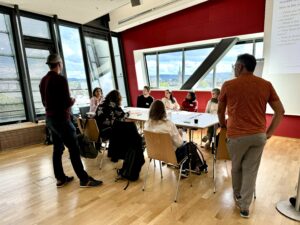
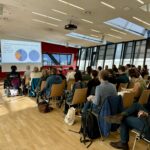
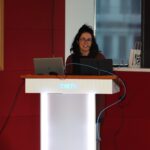
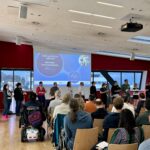
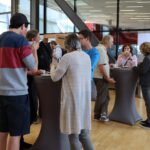
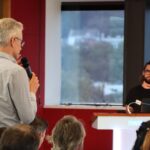

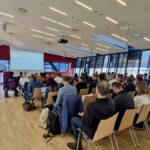
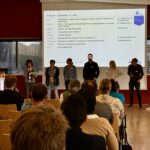
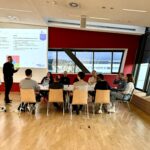
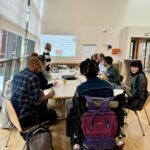
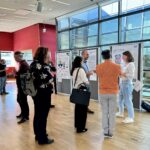
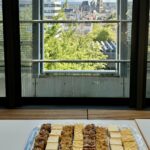


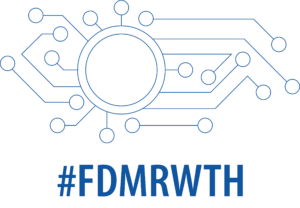
Leave a Reply
You must be logged in to post a comment.